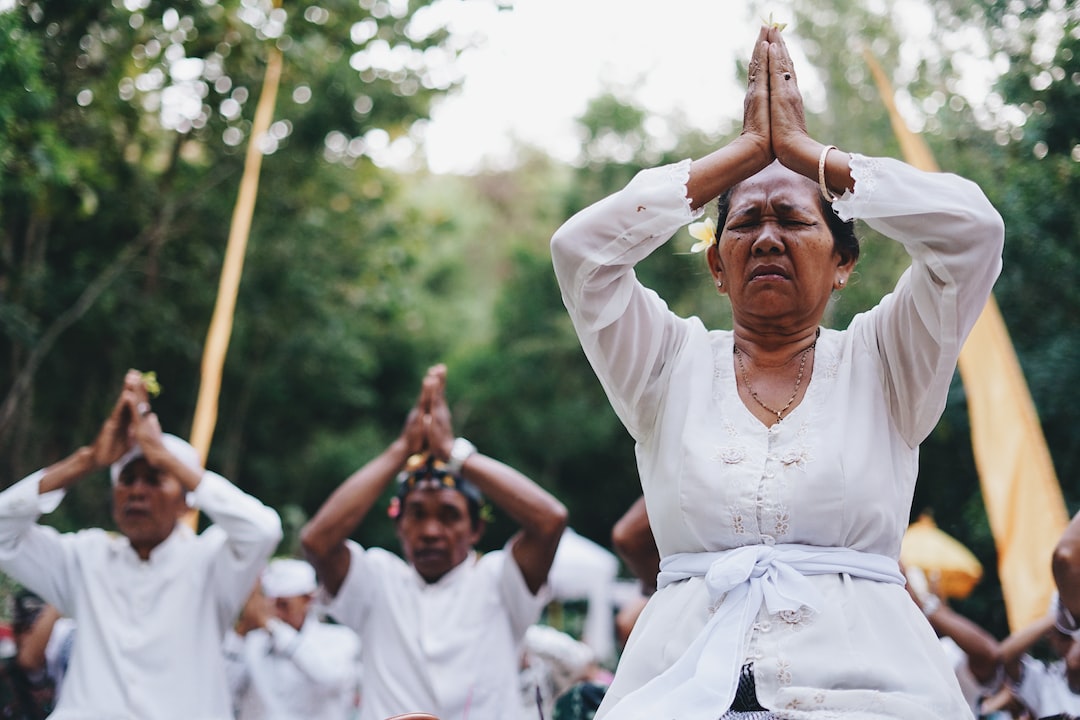Analyzing the Role of Music and Chanting in Religious Ceremonies
Religion is a universal phenomenon found in every culture and society throughout history. It has the power to unite individuals, create a sense of community, and provide solace in times of hardship. Within religious ceremonies, music and chanting play a significant role in deepening the spiritual experience and connecting worshippers to the divine.
From ancient times to the present day, music has been an essential aspect of religious rituals. Across various religions such as Christianity, Islam, Hinduism, Buddhism, and Judaism, music serves as a means of expressing devotion, reverence, and faith. The melodies, rhythms, and harmonies employed during these ceremonies often evoke strong emotions and invoke a sense of transcendence.
One of the primary roles of music in religious ceremonies is to facilitate worship and create a sacred atmosphere. The soothing tones of devotional songs, hymns, and chants help calm the mind and focus the worshippers’ attention on the divine. It is believed that through music, individuals can communicate directly with their gods or higher powers, offering prayers and seeking guidance. The repetitive nature of many religious chants is also thought to induce a meditative state, allowing the participants to deepen their connection with the divine.
Moreover, music offers a channel for worshippers to express their love and adoration for their deity. It allows individuals to express their deepest emotions and gratitude, enabling them to transcend the limitations of language. In many religious traditions, music is considered a form of prayer itself, and the lyrics often contain messages of love, faith, hope, and surrender. The combined power of music and lyrics in a religious setting can amplify the spiritual experience for participants.
In addition to its role in worship, music and chanting have a unique ability to create a sense of unity and foster a communal spirit. When individuals come together to participate in religious songs and chants, they experience a profound sense of belonging, shared purpose, and collective identity. The rhythmic patterns and harmonies bring people together, erasing differences and promoting a sense of harmony and cooperation among worshippers. Through music, religious ceremonies become a powerful force for community building and social cohesion.
Music also has the power to transcend cultural boundaries and act as a bridge between different religions and traditions. In today’s diverse world, interfaith gatherings and interreligious dialogues are becoming more common. Music offers a way for people of different faiths to come together, share their spiritual practices, and appreciate the beauty of each other’s traditions. By experiencing the rhythms, melodies, and harmonies of other faiths, individuals can gain a deeper understanding and respect for the diversity of religious expression.
Moreover, the use of music and chanting in religious ceremonies can have a transformative effect on individuals. It can bring about a transcendent experience, where the boundaries of the self dissolve, and one feels a deep connection with something beyond the material world. This experience of transcendence can be healing, rejuvenating, and transformative, providing solace in times of difficulty and inspiring personal growth for the individual.
In conclusion, music and chanting play an integral role in religious ceremonies, enhancing the worship experience, fostering communal spirit, and connecting individuals with the divine. Whether through traditional hymns, devotional songs, or repetitive chants, music has the power to elevate the human spirit and bring individuals closer to the divine. It serves as a universal language that unites people across cultures, fostering understanding, respect, and appreciation for diverse religious traditions.

